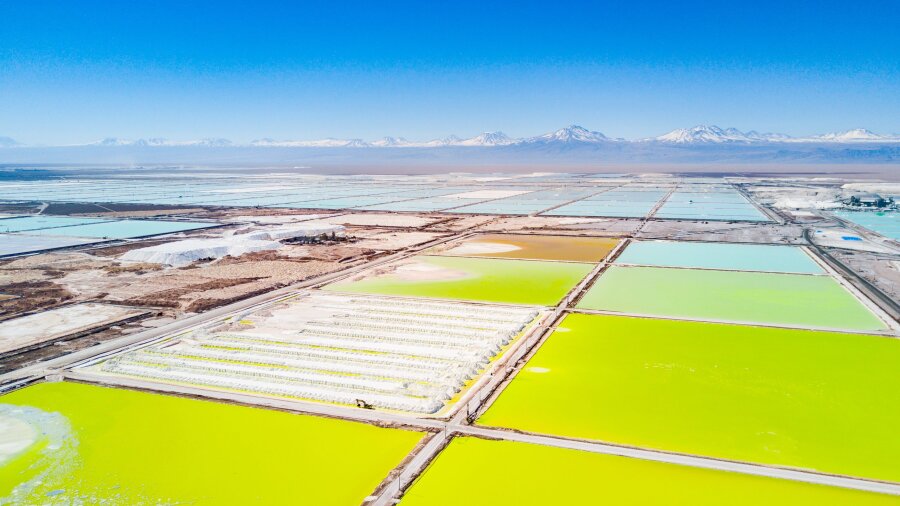Best Agriculture Lawyers in Philippines
Share your needs with us, get contacted by law firms.
Free. Takes 2 min.
Or refine your search by selecting a city:
List of the best lawyers in Philippines
About Agriculture Law in Philippines
Agriculture plays a pivotal role in the Philippine economy, contributing a significant percentage to the country's GDP and employing millions of Filipinos. The sector includes crops, livestock, poultry, fisheries, and forestry. Agriculture law in the Philippines governs the diverse activities and processes from farming to food production, ensuring that all related practices adhere to national standards. The laws aim to facilitate sustainable agricultural practices, protect farmers' rights, and ensure food security for the nation.
Why You May Need a Lawyer
There are several scenarios where you might require legal assistance in the field of agriculture in the Philippines:
- Land Disputes: Ownership and tenancy issues can arise, requiring legal intervention to resolve.
- Environmental Compliance: Navigating the complex environmental regulations to ensure compliance can be challenging.
- Contract Negotiations: For agreements related to sales, leases, or equipment, legal advice is crucial to protect interests.
- Intellectual Property: Issues related to patents or trademarks of agricultural products and techniques.
- Government Programs: Assistance with understanding and applying for government agricultural subsidies or support programs.
- Labor Laws: Legal guidance for adhering to labor laws when hiring workers.
Local Laws Overview
The Philippines has several key legal frameworks relevant to agriculture:
- Comprehensive Agrarian Reform Law (CARL): This law mandates the redistribution of agricultural lands to farmers and farmworkers.
- Agricultural and Fisheries Modernization Act (AFMA): This act focuses on enhancing the productivity and profitability of the agricultural sector.
- Organic Agriculture Act: Encourages and develops organic agriculture in the country to make farming more sustainable.
- Fisheries Code: Governs the fishing industry, aiming for sustainable use of resources.
- Philippine Environmental Impact Statement System (PEISS): Ensures that activities do not harm the environment, which includes agricultural processes.
Frequently Asked Questions
1. What are the rights of farmers under the CARL?
Farmers have the right to own and cultivate redistributed lands under the Comprehensive Agrarian Reform Program. It aims to protect farmers from exploiтation and improve their economic status.
2. How can I ensure compliance with environmental regulations?
Familiarize yourself with the PEISS requirements and consult with environmental lawyers or agencies to ensure your practices meet national standards.
3. What is considered organic agriculture?
Organic agriculture involves growing and processing food without synthetic fertilizers, pesticides, and genetically modified organisms. The Organic Agriculture Act provides guidelines for certification and practice.
4. How are land disputes resolved?
Land disputes are often settled through mediation, arbitration, or court litigation, with the Department of Agrarian Reform being the primary body handling these issues.
5. Are there tax incentives for agriculture businesses?
Yes, agricultural enterprises can avail of several tax incentives, including exemptions and reductions, particularly if they engage in activities promoting rural development.
6. Can foreign nationals own agricultural land in the Philippines?
Foreign nationals are generally not allowed to own agricultural land in the Philippines, but they can engage in long-term leases.
7. What support is available for new farmers?
The government provides various support programs including training, financial assistance, and resources to new farmers through the Department of Agriculture.
8. How do I protect my agricultural inventions?
Register your inventions with the Intellectual Property Office of the Philippines to secure patents or trademarks.
9. What is Republic Act No. 10601?
This act, also known as the Agricultural and Fisheries Mechanization Law, promotes the development, assembly, and utilization of agricultural and fisheries machinery.
10. What labor laws apply to farmworkers?
Farmworkers are entitled to the same labor rights as other workers, including safe working conditions, fair wages, and social security benefits.
Additional Resources
The following resources can provide further assistance:
- Department of Agriculture (DA): For programs, policies, and assistance related to agriculture.
- Department of Environment and Natural Resources (DENR): For guidance on environmental compliance.
- Land Bank of the Philippines: Offers financial services to the agriculture sector.
- National Irrigation Administration (NIA): For irrigation support and projects.
- Philippine Rice Research Institute (PhilRice): Offers research and development support for rice production.
Next Steps
If you require legal assistance in agriculture, consider the following steps:
- Identify Your Needs: Clearly outline the issues you're facing or the advice you need.
- Research: Learn about law firms or individual practitioners who specialize in agricultural law.
- Consult a Lawyer: Arrange a consultation to discuss your situation and explore legal options.
- Prepare Documentation: Gather all necessary documents and information relevant to your case.
- Proceed with Legal Action: Follow your lawyer's guidance on next steps, whether it involves negotiations, applications, or litigation.
Lawzana helps you find the best lawyers and law firms in Philippines through a curated and pre-screened list of qualified legal professionals. Our platform offers rankings and detailed profiles of attorneys and law firms, allowing you to compare based on practice areas, including Agriculture, experience, and client feedback.
Each profile includes a description of the firm's areas of practice, client reviews, team members and partners, year of establishment, spoken languages, office locations, contact information, social media presence, and any published articles or resources. Most firms on our platform speak English and are experienced in both local and international legal matters.
Get a quote from top-rated law firms in Philippines — quickly, securely, and without unnecessary hassle.
Disclaimer:
The information provided on this page is for general informational purposes only and does not constitute legal advice. While we strive to ensure the accuracy and relevance of the content, legal information may change over time, and interpretations of the law can vary. You should always consult with a qualified legal professional for advice specific to your situation.
We disclaim all liability for actions taken or not taken based on the content of this page. If you believe any information is incorrect or outdated, please contact us, and we will review and update it where appropriate.
Browse agriculture law firms by city in Philippines
Refine your search by selecting a city.















